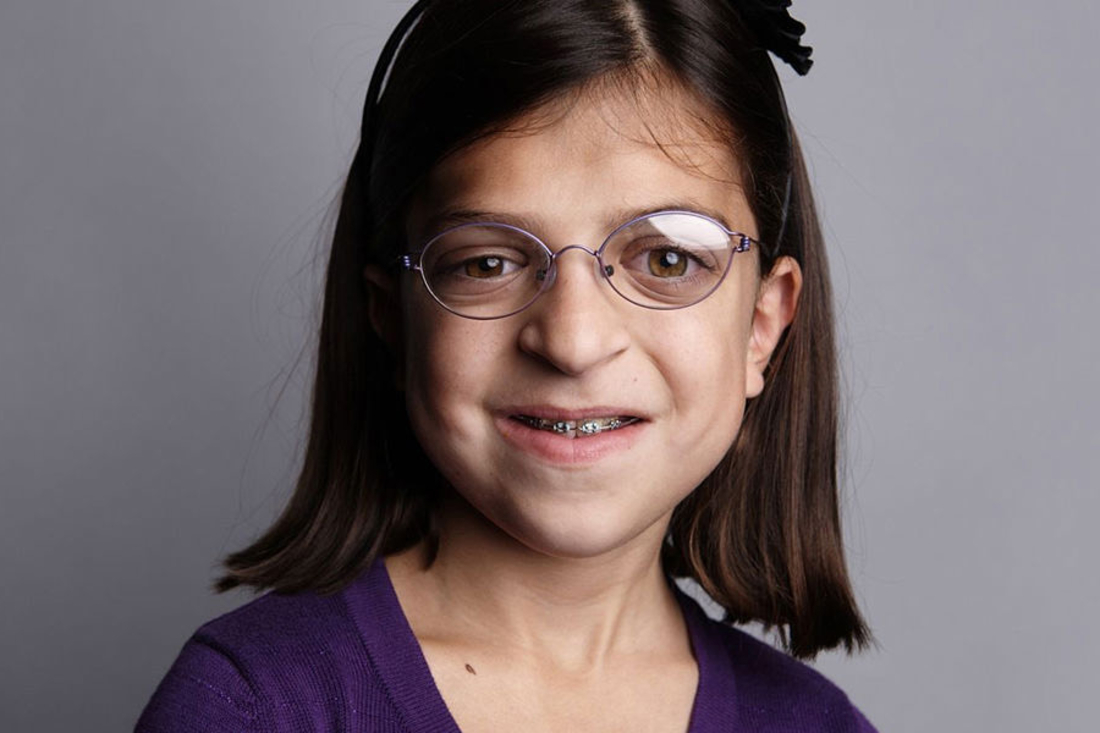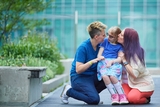Facial Motion Disorders Program

The Facial Motion Disorders Program at Children's Hospital of Philadelphia (CHOP) is one of the few programs in the nation to treat disorders and nerve injuries that result in absent, weakened or abnormal facial motion in children.
Many facial motion disorders occur as part of a syndrome. Care from multiple specialists is necessary to treat every aspect of your child’s condition. Your child’s care team might include surgeons, neurologists, orthodontists, speech pathologists or other highly trained specialists.
Your child’s emotional and social well-being are vital parts of the care we provide. Our team will help your child cope with the psychosocial challenges that may come with these conditions. We will support your entire family every step of the way.
Conditions we treat
We evaluate and treat a wide variety of facial motion disorders, whether caused by an injury or occurring as part of a syndrome.
- Acquired facial palsies or weakness from pediatric stroke, trauma or tumor resection
- Congenital facial nerve palsies (paralysis) and facial paresis (partial paralysis)
-
Facial motion disorders - Facial spasm (synkinesis, dyskinesis)
- Moebius syndrome (a rare congenital neurological disorder characterized by facial paralysis and the inability to move the eyes from side to side)
- Patients with absent or abnormal facial motion after Bell’s palsy (a form of facial paralysis)

Meet your team
Every person on your child’s team has the same goal: to give your child the best possible care. We provide medical care, emotional support and much more.

Our locations
Get information about the facial motion disorders care we provide at our Philadelphia hospital.
Your donation changes lives
A gift of any size can help us make life-changing breakthroughs and advance our work for children everywhere.
